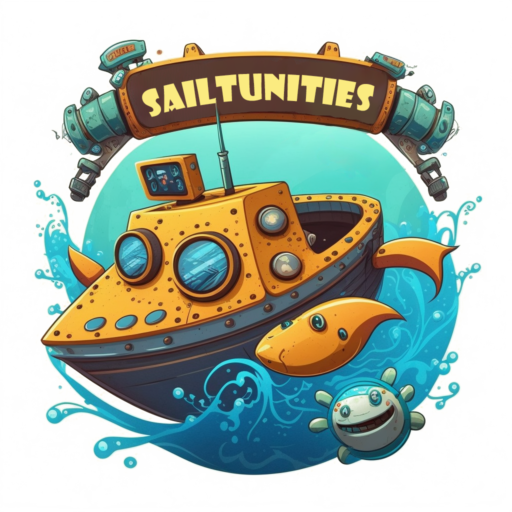Unveiling Our Project’s Vision
With the introduction of the European Green Deal, the Commission set out an ambitious plan to transform Europe’s economy and make it the first climate neutral continent by 2050. One of the priorities of the plan is preserving and protecting seas, oceans, and environment in a way that they continue sustaining us in the future.
Fighting climate change as well as promoting sustainable societies require, among others, STEAM-driven solutions. Therefore, our Partner Consortium developed a project that addresses one of the pressing environmental issues, water pollution.
As a center of the project, teams of 13-19 year old students will construct and use radio-controlled boats for data collection.
Our concept offers a multidisciplinary, hands-on, collaborative, and real-world approach to strengthening STEAM competencies, which are essential for success in the 21st century.
The project will also provide an opportunity to educate students and teachers about sustainable development.
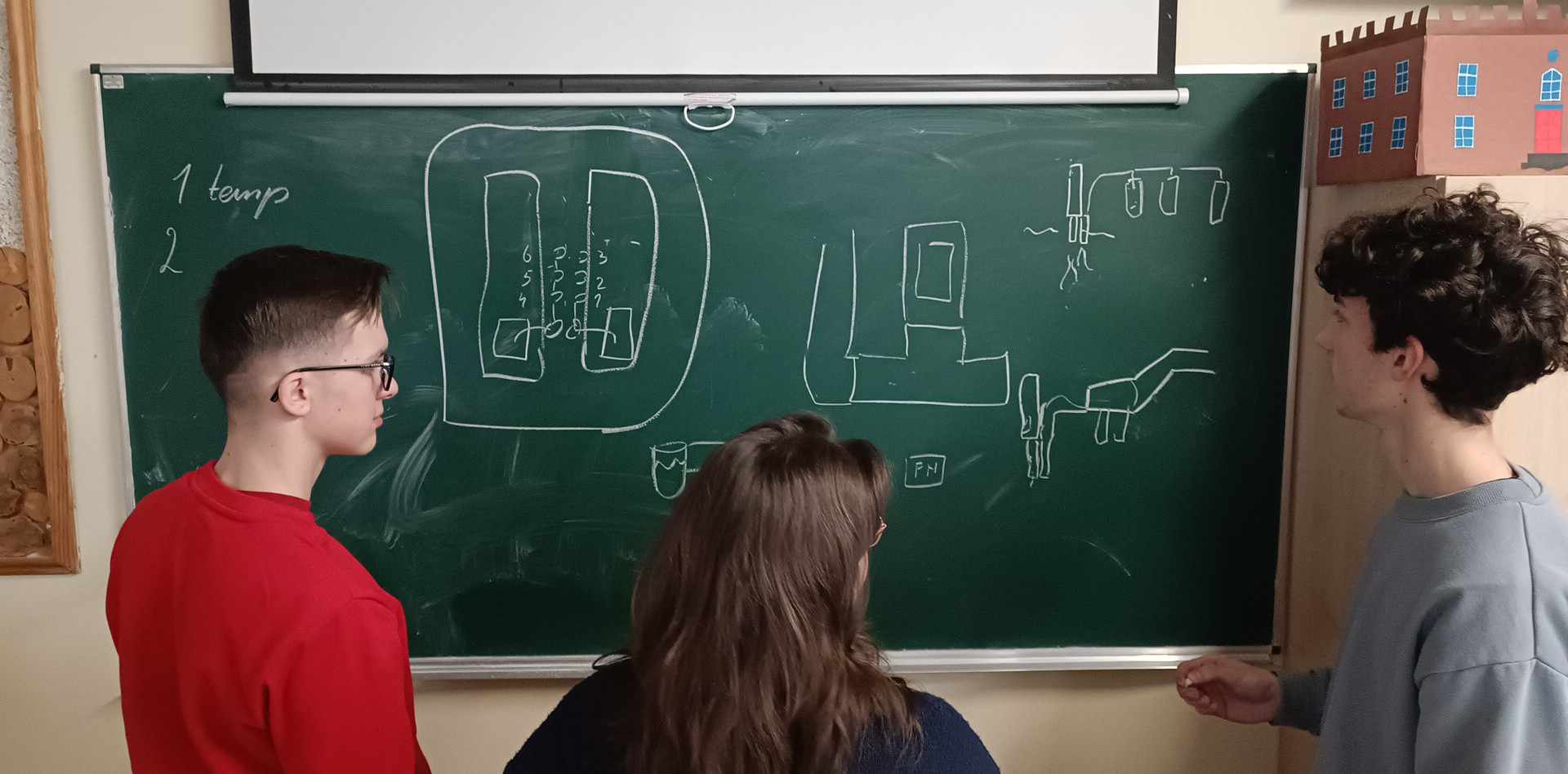
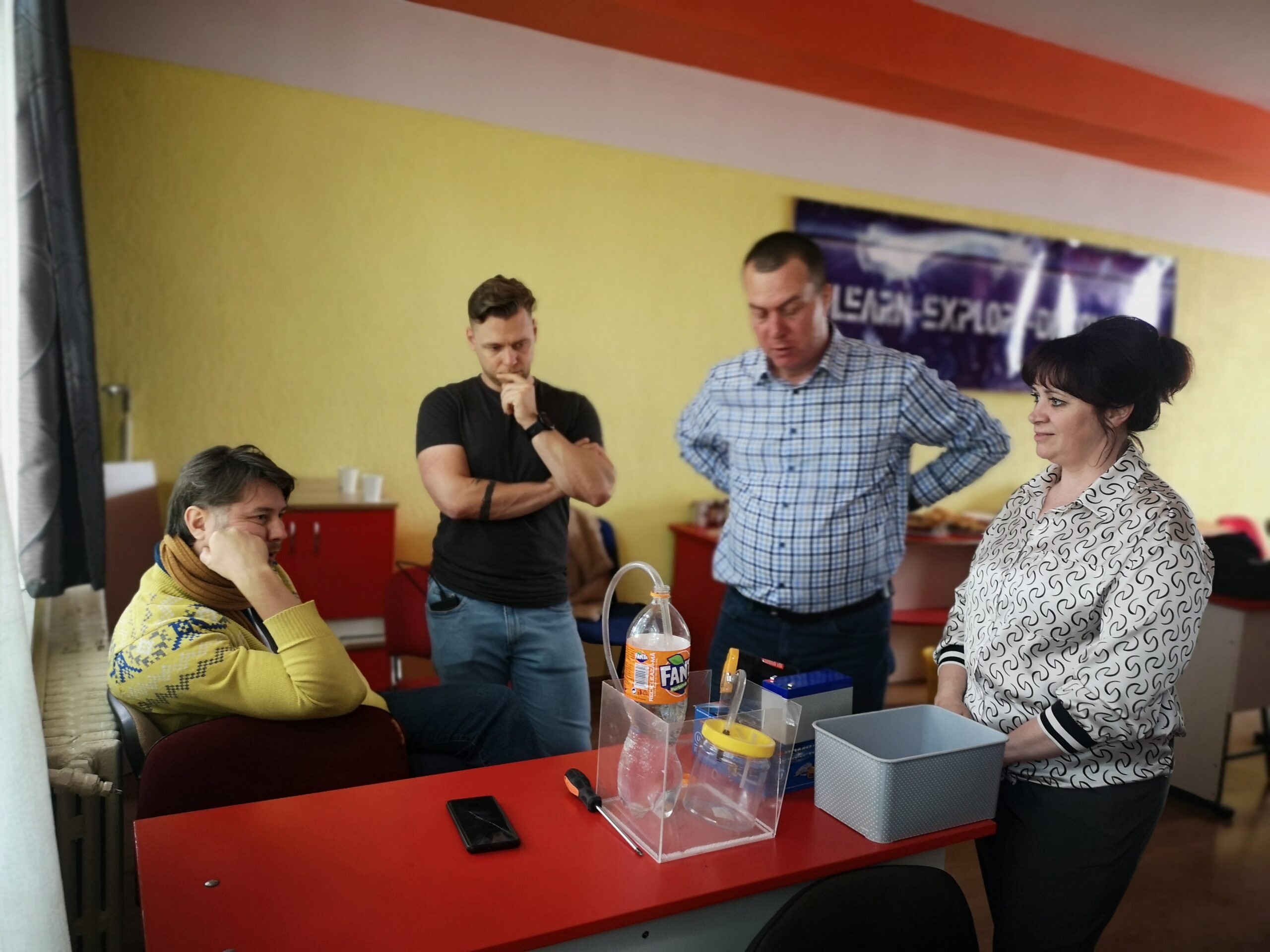
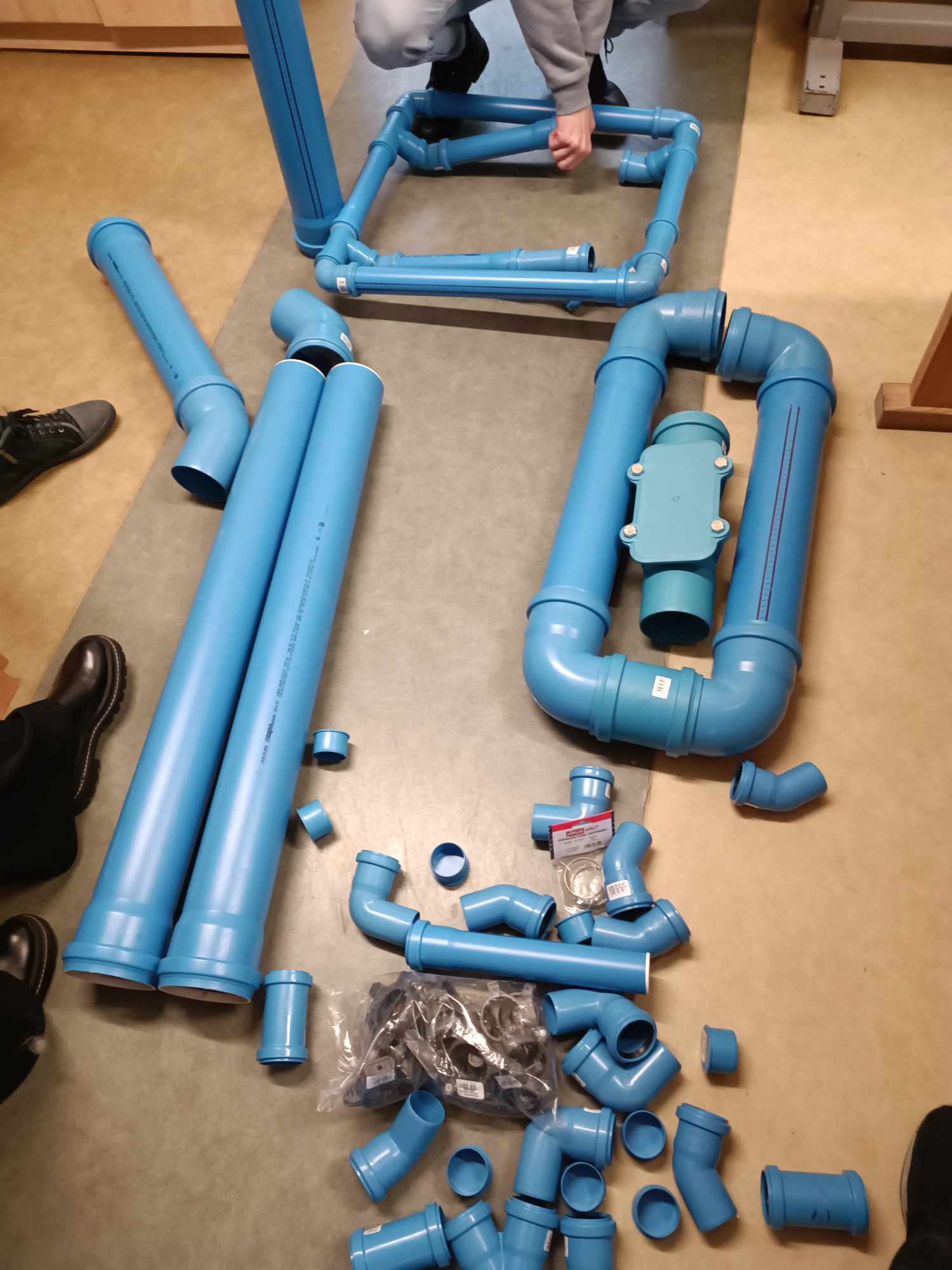
What do we want to achieve by implementing the project?
Develop an innovative methodology for implementing research performed by robotic boats.
Provide teacher competence development in order to ensure the sustainability of the methodology in partner organizations
and beyond.
Engage 13-19 year old students in learning activities that stimulate creativity, develop technological, personal and social
skills and enhance interest in STEAM.
Disseminate the project results at local, regional, national and European levels and across a variety of sectors.
What results do we expect?
An innovative, highly adaptable and transferrable methodology, validated in 4 countries, will be delivered.
At least 300 target group students will gain multidisciplinary knowledge and important personal, interpersonal and communication skills by
taking part in the pilot course.
At least 30 teachers from partner organizations and 120 teachers from other schools will obtain new knowledge related to the produced methodology and the application of student-centered pedagogies.
Activities of the project
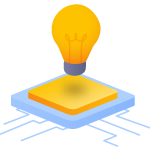
Development of lesson materials
An innovative learning content will cover at least 48 hours of classroom and field study. The developed materials will comprise a guidebook
for teachers, presentations to be used in the classroom, instructional materials, and other resources. The materials will be translated into national languages (Lithuanian, Romanian, Italian and Estonian) and the languages of involved national minorities (Russian and Polish). Adapting the methodology to the national curricula will allow an easier integration of the course into the educational process while adaptation for non-formal education will provide possibilities to bring benefit to a larger range of students.
Teacher training
Teacher skill development will be the cornerstone of the success and sustainability of the project. Teachers from partner organizations will develop their competencies during a 4-day transnational training activity. Teachers from outside of our organizations will get theoretical and practical knowledge about the project’s methodology during national seminars. They will be able to adapt this knowledge to the needs of their students. This will add to the project’s impact and sustainability. Teachers will acquire skills in implementing a multidisciplinary, hands-on, collaborative, and real-world approach. The newly gained competencies will be sustained by ready-made lesson materials.
Stakeholder involvement
The associated partners involved in the project:
1. Educational institutions.
2. Private companies engaged in shipbuilding.
3. Local or regional administration authorities.
4. Local museums, libraries, tourism offices, and other municipal institutions. 5. Chemical laboratories
6. Non-governmental organizations working actively in the field of environmental protection, to provide consultations and promotion to the results of the students’ projects.
Piloting of the Methodology
The students’ practical project work will be based on a radio-controlled model boat. Students will build and program the add-ons (sensors, grippers, container) to robotize the boat and enable it to
collect waste from water. The methodology will also involve research of water quality parameters of natural water resources (lakes, rivers, seas) and the introduction of the ecological concept. Students’ and teachers’ competence development will be assessed in order to evaluate the quality and the impact of the produced methodology.
International hackathon for students
25 students, accompanied by 10 teachers, will build new competencies during a 5-day international hackathon. They will
validate their knowledge and skills gained in the pilot course and will experience the role of innovators by designing, building
and presenting innovative solutions to a real-life problem. Technology-related, personal, interpersonal and communication
skills will be developed.
Dissemination
– creating the tools for the project’s representation and visual identification;
– project website;
– web pages, social media and local media;
– through local partners;
– various events;
– press releases;
– Erasmus+ Project Results Platform;
– word of mouth marketing;
– national seminars for teachers in each country.
